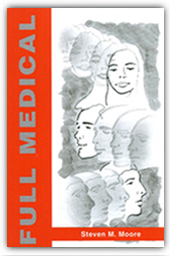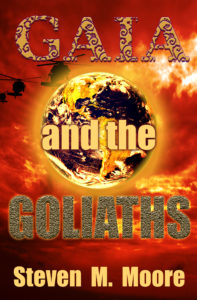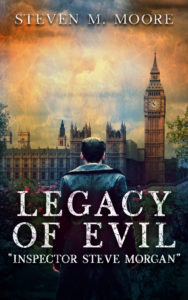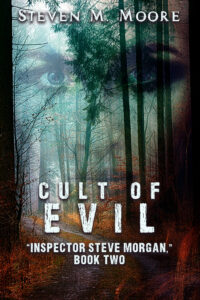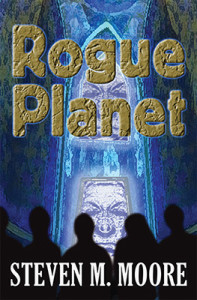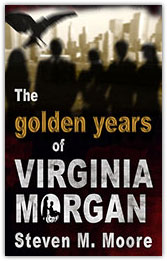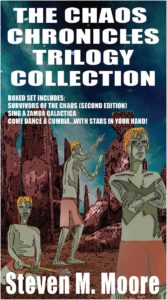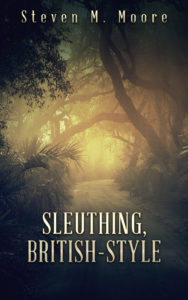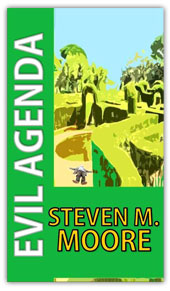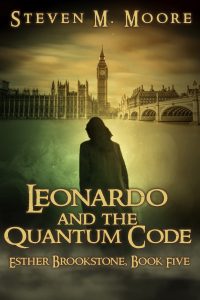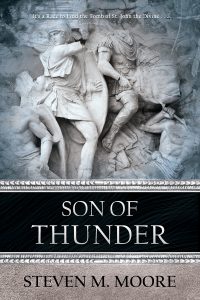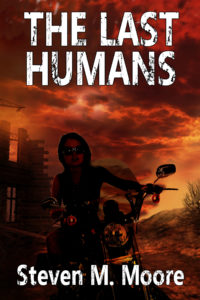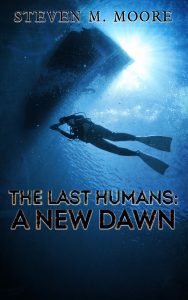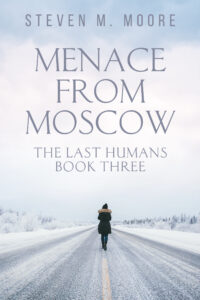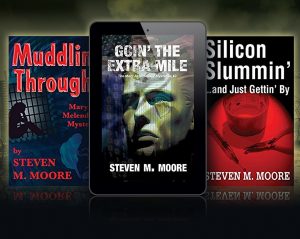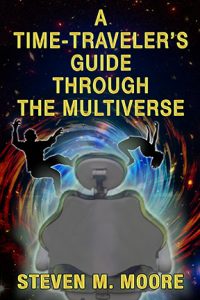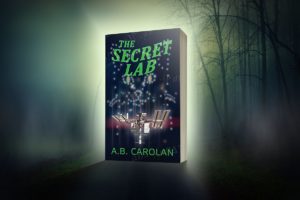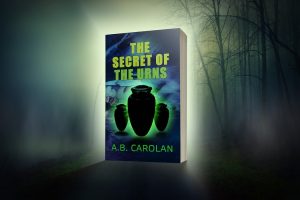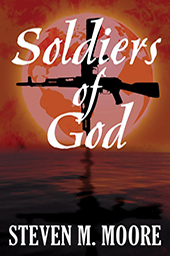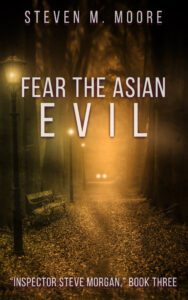National settings versus international ones…
Wednesday, January 3rd, 2024When writing her famous mystery stories, Agatha Christie must have had to decide whether her tale takes place in England or abroad. Death on the Nile, for example, has an international setting; Towards Zero has a national one.
Perhaps my choices about settings have been easier than Christie’s in the sense that I had more options? I could go with the US, UK, countries in continental Europe, or others…or even outer space. (Many Dr. Carlos stories are sci-fi mysteries, as is part of Survivors of the Chaos and all of A. B. Carolan’s novels.) I have variety within series as well: Some novels in the “Chen and Castilblanco” and “Esther Brookstone” series are mainly national in scope (US and UK respectively), while other novels in those series take their MCs away from their home turf to other lands. (The first three “Esther Brookstone” novels are international in scope while the remainder are local.) Only the spin-off “Inspector Steve Morgan” series is completely local with the Bristol area of England as its setting.
Settings can make or break a novel for some readers, of course. If you dislike the UK, for example, you might not appreciate the “Esther Brookstone” or “Steve Morgan” novels. But Agatha probably created Poirot (a Belgium PI) for that reason, and my Bastiann van Coevorden (a Dutch sleuth) possibly serves the same function to mitigate your distaste: These two detectives (Bastiann even looks like David Suchet, the actor who so often portrayed Poirot) give an international flavor to the tale, even though the settings where most of the action occurs are local.
Carlos Obregon creates some mystery all by himself. He’s a doctor but no Dr. Watson aiding a drugs-addicted Holmes; he’s also clearly Hispanic, a sleuth whom you might think is a first in sci-fi literature. He’s not. Many of my novels have Hispanic main characters. The Midas Bomb in the “Chen and Castilblanco” series was one of the first, and Soldiers of God even features a Hispanic priest who’s an FBI informant!
Even if they have local settings, stories can have unusual ethnic characters. (Again, this might not please the “America first” white supremacist crowd of the MAGA millions, but they can’t even read. Their fuehrer certainly doesn’t! The anti-cultural appropriation crowd might not like my fiction either. To hell with them all!)
But I digress. International settings and characters have nothing to do with politics per se. I use the storytelling devices in the best way I can to make a tale interesting and exciting. My goal is for readers to have fun with a tale, as much fun as I had while writing them. You can armchair-travel with my tales, and you can learn about different ethnic groups of our world as well. And, by doing the research necessary to make my fiction seem real no matter what the settings or characters might be, I continue learning as well.
***
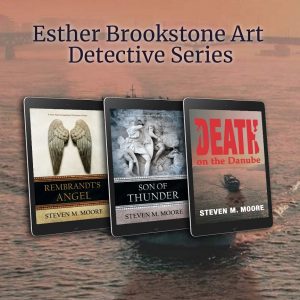 Comments are always welcome. (Please follow the rules listed on the “Join the Conversation” web page.)
Comments are always welcome. (Please follow the rules listed on the “Join the Conversation” web page.)
“Esther Brookstone Art Detective” series. The first three novels in this series hop around the world a bit. The last six stay in the UK for the most part, although number six, Defanging the Red Dragon, is set half in the US and half in the UK, as a crossover novel also featuring Chen and Castilblanco. (It’s also a free PDF download like the novel Intolerance. See the list of all freebies on the “Free Stuff & Contests” web page.) In any case, that’s nine mystery/thriller novels that will provide you with many hours of reading pleasure!
Around the world and to the stars! In libris libertas!
